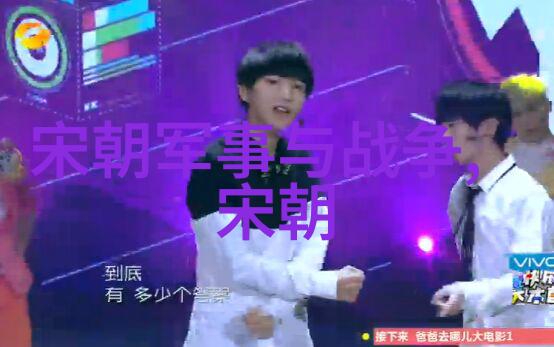明成祖反复询问元朝脱脱的讲官探索其阅读与翻译的奥秘
明成祖探究讲官智慧:《明成祖问讲官》是一篇古文,文章深刻揭示了君子与小人的本质差异。其中,明成祖曾询问讲官:“今日谈论何书?”讲官答以:“《论语》中包含着君子与小人共通之处。”接着,明成祖又问:“为何君子难以进取而易于退缩,小人则易于进取却难以退缩?”讲官解释道:“小人自负其才无耻,而君子则守持正道无欲。”在进一步的讨论中,明成祖又询问:“在上位的主公常常偏爱那些势力强大的士兵,那些士兵是否不可用?”讲官回答说:“确实有那么一些不宜放弃的小人才,但必须时刻提醒他们,不让他们犯错。”

【注】警饬指的是警告和提醒。
【翻译】The article discusses the differences between a noble person and a petty one, as reflected in the conversation between Emperor Chengzu and his official. The official responds to the emperor's question about which book they should discuss today by saying that it is "Analects," where both noble and petty people share common chapters. When asked why noble people find it difficult to advance but easy to retreat, while petty people are easily advanced but difficultly retreated, the official explains that "petty people boast of their talents without shame, while noble ones maintain their integrity without desires." Upon further inquiry from the emperor regarding how rulers often favor powerful individuals, who might still be employed despite this? The official replies that there are some talented individuals who cannot be discarded entirely; however, they must always be reminded not to make mistakes.

【练习】
Interpret the phrases with underlines:

(1)Emperor Chengzu consults an official
(2)Noble persons uphold virtue without desire

Express these phrases in modern Chinese:
"Petty men have abilities worth retaining; we must constantly remind them so as not to commit errors."

Why do "petty men easily advance but struggle with retreat"?
In Ban Gu's Outlines of History (出师表), he advocates for excluding inferior officials; however, this text suggests using even those officials if necessary. Which perspective do you lean towards? Please explain your reasoning.
【Answer】
1: (1) Look at it (2) Morality and truth
2: Petty men indeed possess abilities worth preserving; we must consistently advise them so as not to err.
3: Petty men flaunt their talents without shame
4: Presenting rational arguments suffices



